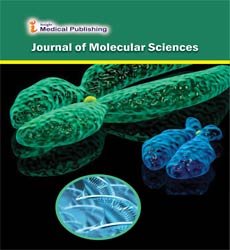A study of red blood cell alloimmunization and autoimmunization among 200 multitransfused Egyptian thalassemia patients
Abstract
The development of hemolytic erythrocyte alloantibodies and autoantibodies complicates transfusion therapy in thalassemia patients. These antibodies ultimately increase the need for blood and intensify transfusion complications. There is a scanty data on the frequency of RBC alloimmunization and autoimmunization in Egyptian β thalassemia patients as pretransfusion antibody screening is not routinely performed.
Method: We studied the frequency of alloimmunization and autoimmunization among 200 multiply transfused β thalassemia patientsand investigated the factors that possibly affect antibody formation.
Results: Of the 200 patients in our study, 94 were males and 106 females, with the age range of 2 - 37 years. Alloantibodies were detected in 36 (18%) of the patients, while autoantibodies were detected in 33 (16.5%). The dominant alloantibodies were directed against Kell (33%) and Rh (24.4%) groups. Alloimmunization had a significant relationship with treatment duration and the frequency of transfusion (P =0.007, 0.001 respectively). The presence of autoantibodies was significantly related to age (P = 0.001), total number of transfused units (P = 0.000) and splenectomy (P = 0.000). Conclusions: The high prevalence of alloimmunization in the study population disclosed the need for providing phenotypically matched cells for selective antigens especially for Kell and Rh subgroups to reduce risk of alloimmunization and increase the efficiency of blood transfusion
Open Access Journals
- Aquaculture & Veterinary Science
- Chemistry & Chemical Sciences
- Clinical Sciences
- Engineering
- General Science
- Genetics & Molecular Biology
- Health Care & Nursing
- Immunology & Microbiology
- Materials Science
- Mathematics & Physics
- Medical Sciences
- Neurology & Psychiatry
- Oncology & Cancer Science
- Pharmaceutical Sciences
